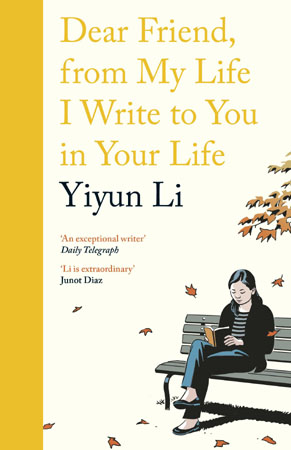In these essays Li considers the writing and interactions between authors such as Elizabeth Bowen, Graham Greene, Thomas Hardy, John McGahern, Vladimir Nabokov, Ivan Turgenev, William Trevor and Virginia Woolf. The essays focus upon subjects such as relationships in literature (between reader/writer, writer/writer, teacher/prodigy), the role of melodrama in our lives and literature, writing exclusively in a second language, creating characters in fiction and the way we mentally turn real people into characters and the challenges of the writing process. She recounts her state as a Chinese immigrant to America, her conviction to become a writer over her profession as a scientist, disturbing/poignant encounters with readers of her own writing and her connections with other writers. Li is beautifully adept at teasing out contradictions between her instincts and logic. For instance, she believes that “A writer and a reader should never be allowed to meet. They live in different time frames. When a book takes on a life for a reader it is already dead for the writer.” So she fully realizes the irony in successfully seeking out a friendship with William Trevor whose writing she worships.
“Dear Friend, from My Life I Write to You in Your Life” inspires that special kind of feeling of being so personal to its author, yet it feels like it was written especially for you. A connection which is more meaningful than ever meeting in person is that contact through the page. Yiyun Li beautifully articulates that special kind of intimacy. It's a book I know I'll permanently keep on a nearby shelf to return to - like a friend I don’t necessarily want frequent contact with but who I want to know is near beside me.













